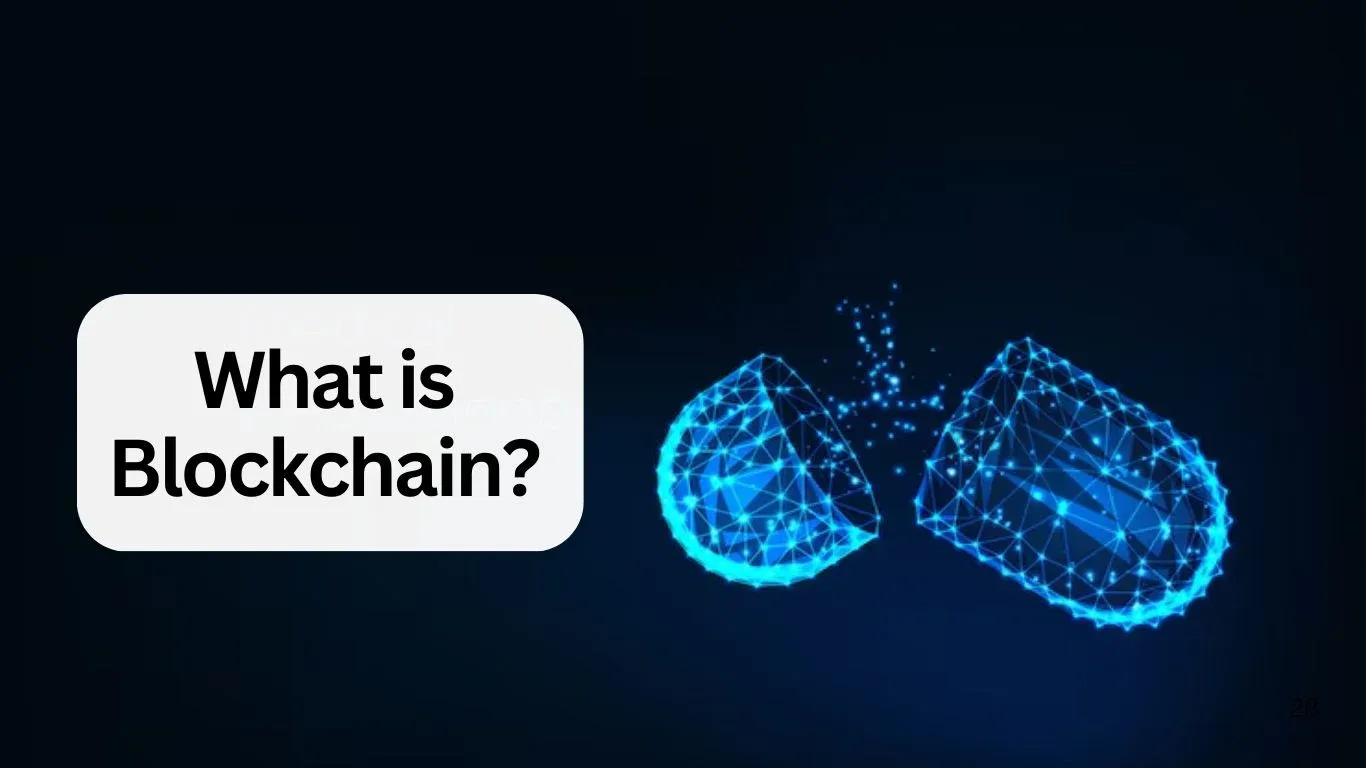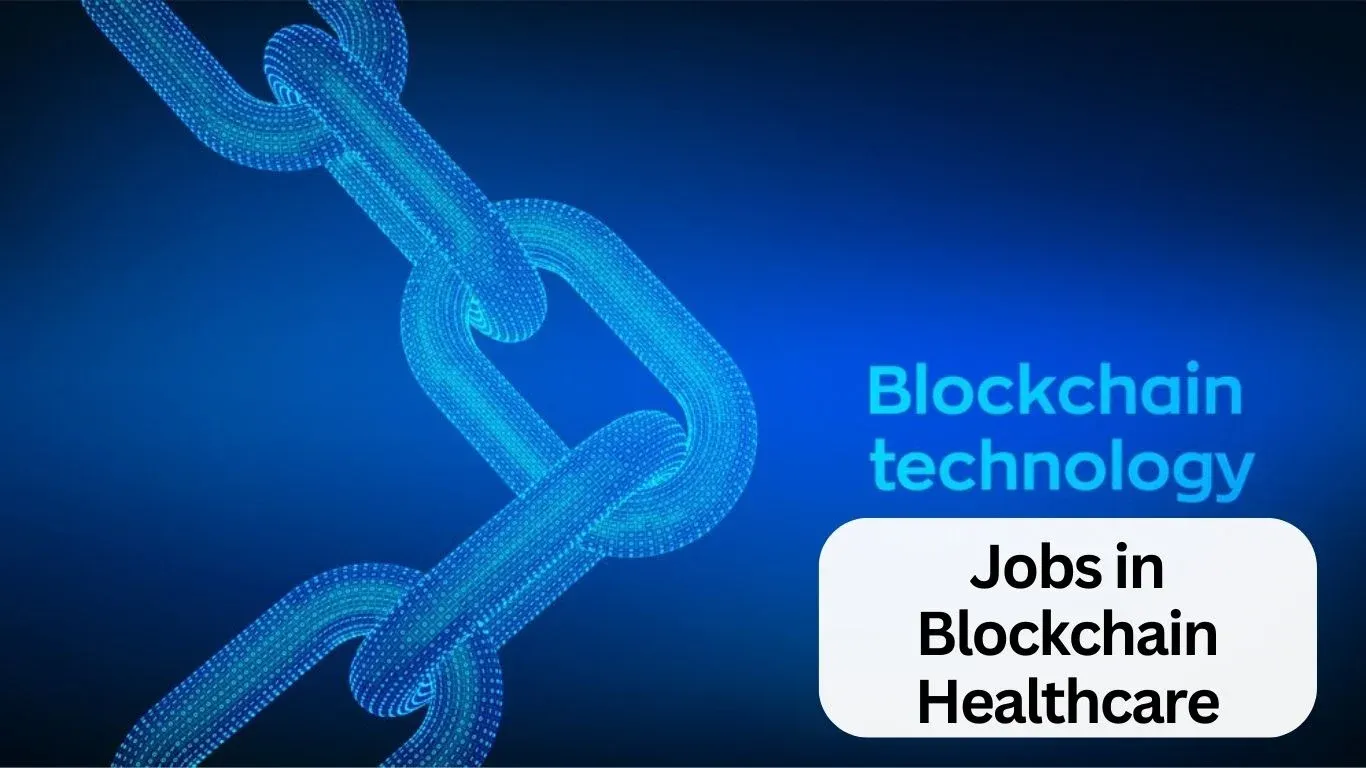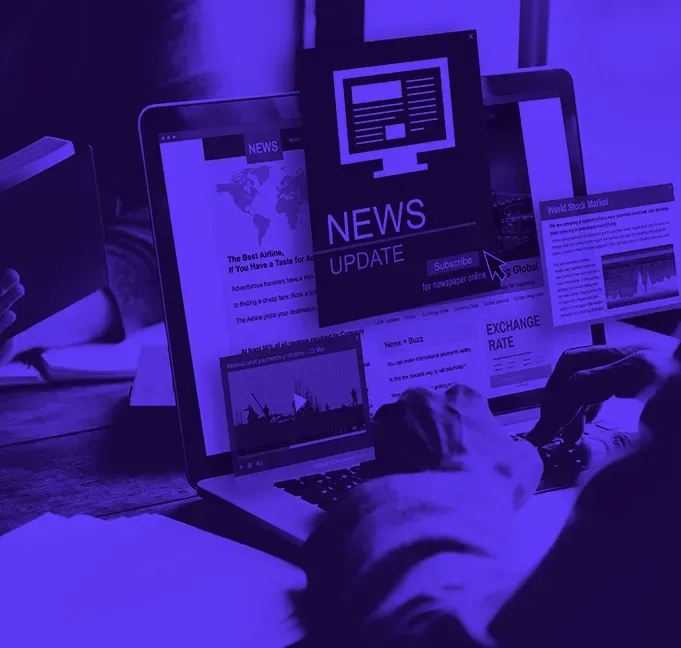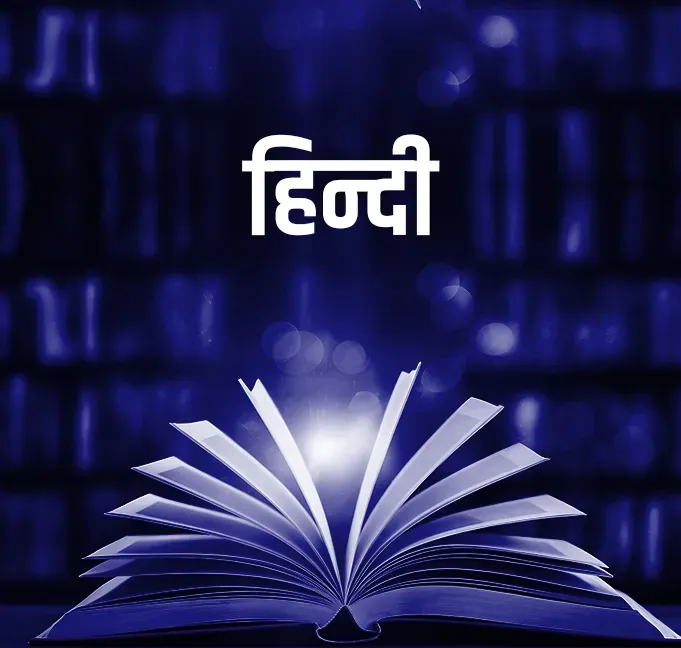Blockchain technology is a constantly evolving consensus mechanism being adopted across various fields and industries in India. The aim is to bring innovative solutions to the table, including in the rather ‘data-deficient’ sector of healthcare. Thus, blockchain in healthcare has become a major topic of discussion in 2025—set to revolutionize the patterns of transformation across major business fronts.
Blockchain networks within the healthcare system shall preserve and exchange patient data between hospitals, pharmacy firms, diagnostic laboratories as well as independently practicing physicians, simultaneously guaranteeing confidentiality. Within this sector, the implementation of this technology shall enhance the overall efficiency, performance, security level and transparency factor of medical data exchange, whenever applicable.
Blockchain applications are being developed to serve the purpose of accurately identifying errors and tracing life-threatening mishaps within the medical field. In this blog, we shall further get into the nitty gritty of blockchain applications and their scope within the medical sector in India.
Get Complete Details From Expert
What is Blockchain?

By definition, Blockchain, also known as DLT (Distributed Ledger Technology), is a decentralized node network responsible for storing data electronically, in a digital format. It is an immutable ledger that records and stores transaction information in a secure manner, through the medium of a peer-to-peer network. While initially, blockchain was mainly associated with cryptocurrency exchanges, its applications are now spanning across various other sectors.
The blockchain mechanism is entrusted with all the related documents as well, being designated with the chore of storing everything in one location safely.
One of the major selling points of blockchain identified by various industry heads is the transparency factor maintained throughout. It records/stores confidential data within its system securely - thus, making the exchange of critical data more dependable through its medium. Further, Blockchain speeds up the process of searches for applicants who fulfil particular trial criteria with the use of a single patient database.
With blockchain expertise quickly becoming a popular transferable skill, it is only sensible to polish your knowledge regarding the subject. You can simply apply for a course that is designed to help you keep up and stay ahead of the curve – by offering major insights on blockchain usage and associated technical skills.
In the next section, we shall discuss the relevance of blockchain, specifically in the field of healthcare in India before diving into the landmine of job openings for subject-matter specialists!
Why is Blockchain Relevant in the Field of Healthcare?
Blockchain technology, even though in its innovating stage, has already started showcasing its relevance across various sectors, including healthcare in India. For your reference, here are some ways blockchain technology can be harnessed to fuel efficiency and seamless operations within the medical network:
- The blockchain network shall systematically preserve and exchange crucial data related to the patient.
- Specific blockchain applications developed by certified blockchain developers can accurately track down serious errors and even dangerous mishaps within the healthcare field that may have otherwise gone unnoticed in the manual process.
- Blockchain technology shall play a crucial part in the handling of deception brought about through clinical trials aimed at displaying better healthcare-related outcomes.
- Blockchain implementation shall boost data efficiency within the field.
- The technology shall eliminate the fear of data manipulation within the healthcare field and uphold a unique data storage pattern associated with the optimum level of security - guaranteeing accountability, interconnection, versatility, and authentication for access to data.
- Blockchain allows for the decentralized protection of data, avoiding specific threats to the confidentiality and safety of patient-specific information.
- Blockchain boosts pharmaceutical supply chain management. The problem of fake drugs is a glaring one in the healthcare field. Although not necessarily common, it is dangerous and can be life-threatening to the respective drug consumers. Blockchain can eliminate these issues and optimize the supply chain.
- Telemedicine allows individuals who may be living in remote areas of the country access to quality healthcare. It solely relies on the exchange of sensitive health-based data between healthcare providers and their patients, making the information vulnerable to cyber attacks. Blockchain implementation can eliminate the risk of cyber threats as the technology adopts a decentralized mode for data exchange. Further, blockchain extends a safe platform for the simple integration of wearable IoT devices, which makes it easy to remotely monitor various patients’ individual progress.
- Diagnostic centers, hospitals, clinics, as well as health insurance companies are required to process several transactions and claims in a single day. Blockchain uses cryptography to protect data from unauthorized access. Every new blockchain transaction may be cryptographically linked to the one completed before, establishing a chain that is resistant to unauthorized access. Therefore, the technology allows for the streamlining of healthcare payments by removing the need for intermediaries/central authorities, prompting low costs and quick payments.
Jobs in the Healthcare Field for Blockchain Experts

Several types of job roles and responsibilities open up for pre-med students, seasoned doctors as well as pharmacists with blockchain certifications. Here are some of the roles you can explore:
- Product Analyst
- Business Analyst
- Product Owner
- Project Manager
- IT Product Support
- Testing and Quality Control
- Research and Development
- Medical/Healthcare Blockchain Content Writers
- Medical/Healthcare Blockchain Journalists
- Management Consultants
- Healthcare Payor
- IT Strategist
- Public Health IT Expert
- Developers and Cybersecurity Specialists
- Blockchain Healthcare Data Analyst
- Chief Medical Officer associated with a Blockchain Company, among others
With so many rewarding opportunities being unlocked in the field of healthcare, with a degree in blockchain – there’s no point in procrastinating any longer! Here’s your sign to apply for online blockchain classes today.
Take the next step in your career ?
Final Word
It is safe to say that blockchain technology is going to hold onto its revolutionizing stance for long, even across anciently existing industries in India. Within the healthcare sector, in particular, the implementation of the blockchain mechanism can boost efficiency, accountability and connectivity down through various medical ports. If you’re finding yourself inclined towards blockchain in healthcare – explore the interest further by applying for an online course.
Choose Amity Online University to enroll for an MCA degree in blockchain. From the comfort of your home, learn from a panel of world-class educators and access top-notch study material with ease. Begin your educational journey today to transform your career tomorrow!




